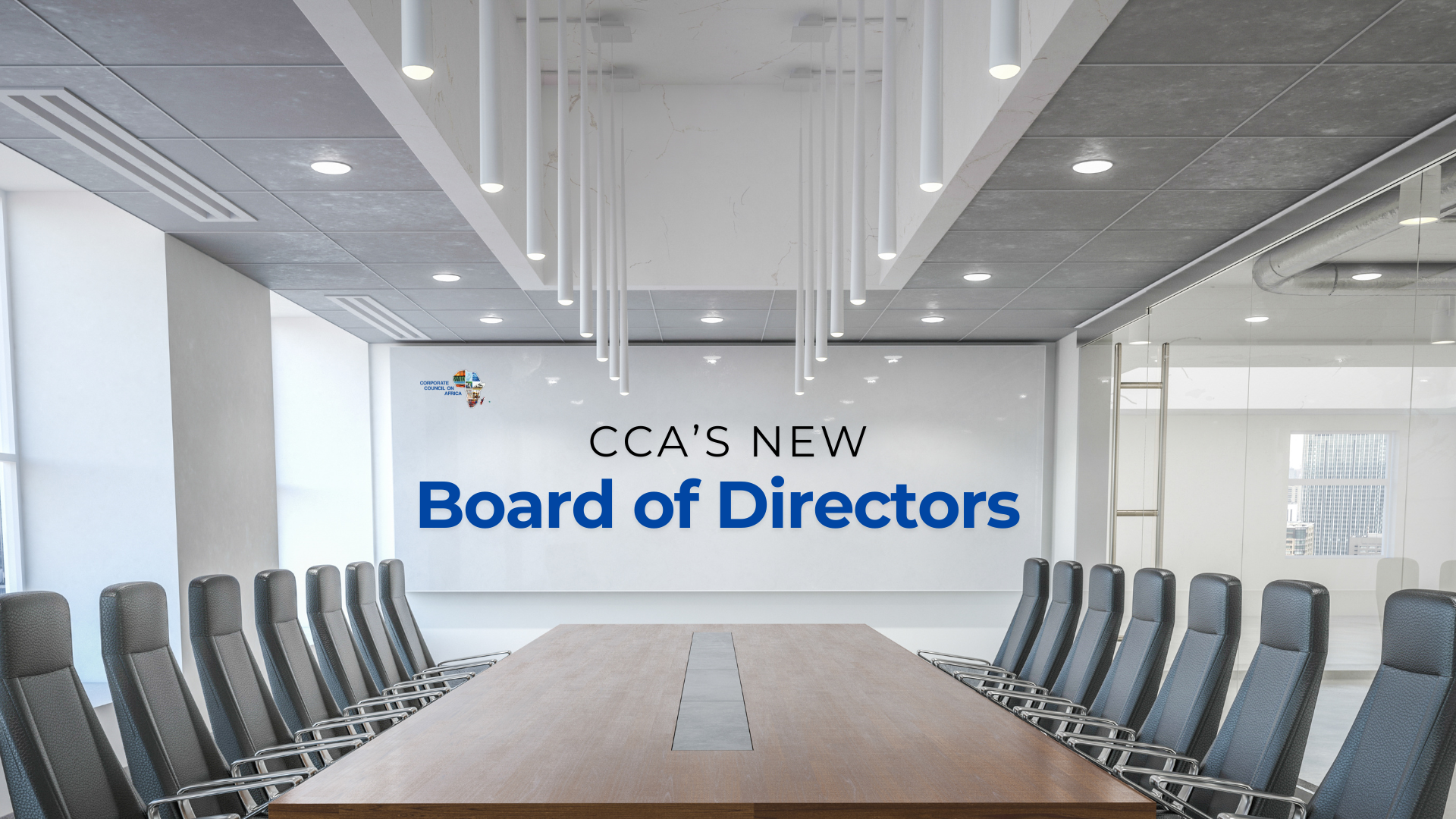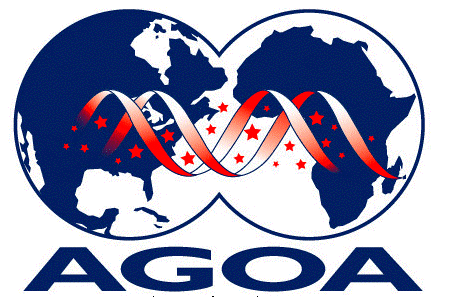AGOA Private Sector Forum

The 2023 AGOA Private Sector Forum held on November 3rd included a full day of discussions featuring key U.S. and African public and private sector officials covering a broad range of sectors including agribusiness, apparel, automotive, health and ICT, and deliberations on how to improve AGOA utilization as well as develop and implement policies and tools to go beyond AGOA to enhance the U.S.- Africa trade, investment, and commercial relationship.Corporate Council on Africa (CCA) submits on behalf of the AGOA Private Sector Forum the following key messages and recommendations:Both American and African businesses see AGOA as critical in growing trade between the U.S. and Africa since it’s enactment, but also recognize that there are many opportunities to increase U.S.-Africa trade, investment and business, building on AGOA as well as other U.S. initiatives such as Prosper Africa.A critical piece of realizing those opportunities and unlocking AGOA’s full potential is renewing AGOA. For many industries, the duty free access AGOA affords is a critical part of their competitive success. The sectors that benefit most from AGOA, such as textiles and apparel, fruits and value added produce, wine, autos, and footwear face stiff international competition, and would be significantly impacted if AGOA were delayed or not renewed. Several companies in these industries noted that the process of capitalizing on AGOA access had helped them raise their standards to find buyers in the U.S. market, which has made them competitive in other markets, including across Africa.Even more important than the duty-free access, however, is the policy certainty that renewal will bring. Renewal for at least ten years through 2035 is critical in terms of attracting new investment and retaining as well as growing U.S. businesses in and those sourcing from Africa. Companies in several sectors noted that buyers in the U.S. market have long lead times, which means that questions about future AGOA eligibility dries up export business – sometimes permanently, particularly as foreign investors feel compelled to pursue opportunities outside of Africa. We are already seeing declines in apparel exports to the U.S. This is why participants in the Forum recommend early renewal of AGOA – in fact urgent renewal as soon as possible to prevent further declines in AGOA exports that are likely to occur if renewal is delayed until September 2025 when current AGOA legislation is scheduled to expire.Given the importance of AGOA, companies welcomed President Biden's positive and timely statement endorsing AGOA renewal.As important as this renewal is, companies noted that this renewal of AGOA is different than previous renewals. This is the first renewal since the advent of the African Continental Free Trade Area (AfCFTA) which will be a game changer in terms of creating new opportunities - not only to grow intra-African trade, but to make Africa more competitive and attractive for global trade and investment partners including the United States,. There was uniform consensus that AGOA renewal should support AfCFTA implementation and the broader context of continental integration.There was a clear consensus that U.S. and African governments could best expand trade and investment by pursuing an AGOA plus rubric that would develop important fields that fall outside the narrower scope of AGOA, like services trade, ICT, critical minerals and African regulatory capacity. There was also consensus that attracting more U.S. investment to Africa – especially into value-added manufacturing - was more important in the long-term than exports.Companies suggested a number of measures that would have immediate impacts in making AGOA more effective. One is to collect better data to understand what sectors are doing well – and what sectors could use improvement. Getting a better sense of existing regional integration in various products exported to the U.S. would also help direct countries to focus on areas that could be scaled up. Finding ways to include all AfCFTA member states (through cumulation) would support regional integration while increasing commercial scale. There was also a sense that better data would enable the USG, African governments, and U.S. companies to better target capacity building efforts that could result in more exports u see AGOA.Companies also noted that there is a lot they can do to improve ties between U.S. and African associations and companies that will ultimately lead to more deals between companies and would mutually benefit the businesses and people of the United States and the nations of Africa. They noted that AGOA is not the only tool and partnership to strengthen U.S.-Africa trade, investment and business – but it is a critical one.The following recommendations regarding AGOA renewal and possible enhancement were proposed by various participants in the AGOA Private Sector Forum:1. Early and Long Term AGOA Renewal is CriticalRenewal of AGOA as soon as possible is critical to industry investment and planning. The industries most capable of utilizing AGOA operate on two-year cycles, meaning that new investment projects are already on hold, and they will begin cutting back on orders as early as this year if the statute has not been renewed.Delayed renewal also risks missing an important window of opportunity as companies are currently shifting production out of China due to increased costs, forced labor concerns, and political risks. Securing a lengthy AGOA renewal in 2023 will increase company interest in looking at opportunities to invest in and source from Africa.Renewal for less than ten years does not provide companies with the longer-term horizon they need to plan and execute investments or develop sourcing networks and distribution channels that will drive vertical integration of the continent to allow greater country participation.Longer term AGOA provides predictability to the more than 450,000 American workers (150,000 from American exports and 300,000 tied to U.S. imports) whose jobs are linked to U.S./African trade2. Early AGOA Renewal Advances U.S. Strategic and Policy Goals in AfricaAGOA is one of the most important tools and incentives to grow and diversify our trade and investment relationship with Africa and to counter the presence of China on the continent.Long-term renewal of AGOA supports economic integration under AfCFTA, one of America’s top strategic goals in Africa.Extending AGOA supports ongoing African economic and business reforms, capitalizes on considerable infrastructure investment, and improves the business climate for growing U.S. investments into the continent.AGOA exports can quickly grow into a broader partnership that can lead to investment and trade in both directions, creating jobs and economic growth in both the U.S. and Africa.3. Targeted Technical/Non-controversial AGOA Enhancements Can Positively Impact Its Success If They Don’t Delay Its RenewalA small number of targeted enhancements should be made to:harmonize AGOA eligibility reviews with other U.S. government preference programs by converting the annual AGOA eligibility review to once every three years;add a provision allowing cumulation from all AU Members that have ratified AfCFTA;replace outdated textile visa requirements with closer Customs cooperation agreements; o adjust the size of the apparel quota; andmodify graduation criteria for AGOA countries.Click herefor a PDF of the readout.

.png)

